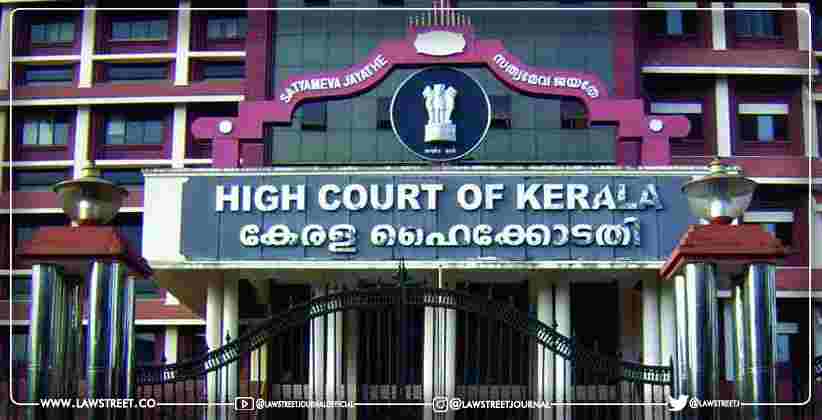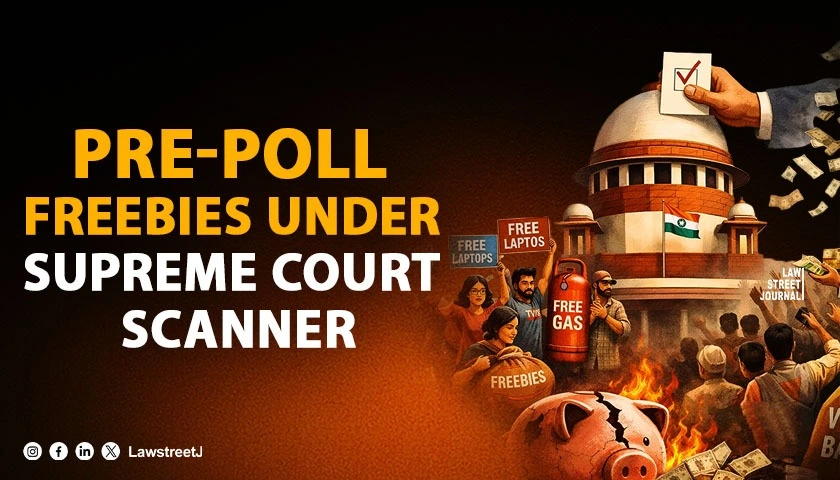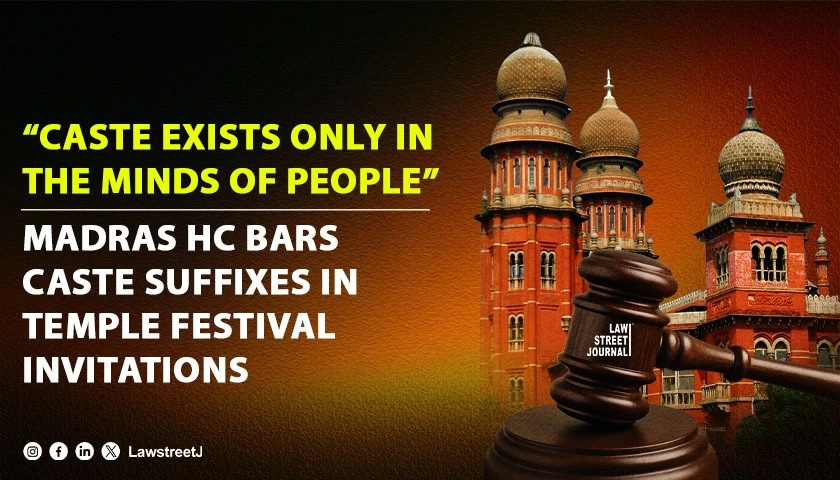Recently, the Kerala high court prescribed some safeguards against an arbitrary and inappropriate attack of personal liberty in cases of preventive detention.
These safeguards are prescribed by the Divison bench of Kerala high court comprising Justice AK Jayasankaran Nambiar and Gopinath P.
The bench explained these safeguards against preventive detention laws given in the constitution when they were confronted with three habeas corpus petitions challenging the detentions under conservation of foreign exchange and prevention of smuggling activities act (COFEPOSA), 1974.
Explaining how the high court explained the procedure of safeguards against preventive detention in case of habeas corpus petition, the Bench stated, "That the detaining authority need to put all materials facts before the court to show that detention is legal and confront with all provisions considered while making such a detention.
It further laid down certain guidelines as follows:
Explanation on clause 4 to 7 of article 22, safeguarding against preventive detention laws jurisdiction of suspicion:
At the beginning of the judgment, the court stated that the constitution has the power of preventive detention under article 22 of the Indian constitution. But clauses 4 to 7 of article 22 deals with safeguards against the arbitrary and inappropriate attack of personal liberty.
Therefore, court read clause 4 which says that under preventive law maximum period for detention is 3 months and this period can only be extended after the advisory board finds a sufficient reason for its extension.
Communication of grounds of detention to detenu - barest minimum safeguard:
According to clause 5 of article 22, grounds of detention must be communicated to detenu so that he can make his representation against that order. The grounds must be furnished within 5 days of detention and in exceptional cases within 15 days.
This is the barest minimum safeguard against detention.
The Court further found the following as necessary for communication of preventive detention:
- The grounds of detention should be provided completely.
- All necessary material documents and statement which are considering while making the detention order must be communicated to detenu.
- The detaining authority's line of reasoning, beginning with the thought of the offense (s), the opinion that the detenu should be kept, the reasons for the opinion must be communicated to detenu.
It further remarked that if above-mentioned grounds are not furnished to detenu within the specified period, the detention will become invalid or void.
In addition to this, the court quoting Supreme courts pronouncement in Amratlal Prajivandas stated that gravity and nature of detenus act can only be understood after detaining authority uses their mind.
Subjective satisfaction of the detaining authority can't be absolute must be supported by reasons and is amendable to legal review:
Noticing that detaining authority need to state the reasons for a detention order to detenu, the court laid down that the reason that has to be communicated in support of satisfaction as to validate the detention order.
Further, the Bench stated that subjective satisfaction of detention authority is amendable by judicial review and that the court will examine the existence of relevant material whether considered or not, reasons for subjective satisfaction, and compliance with safeguards against detention.
Delay on a Detention order:
Any unexplained delay at any stage of detention, court marked such an order as a void. Therefore, detaining authority has to explain the delay if any, in disposing of the representation.
The Court also stated that detenu cannot use the delay as a ground against detention order when he/ she contributed to delay the arrest.
Means of making representation against the preventive detention order:
The court stated that detaining authority government and advisory board has to independently consider the representation.
Government considers whether detention order is with compliance of power under the law. Board considers representation and examines whether grounds for detention are sufficient or not, it noted.
Considering the discussion of principles, the court applied it to the Habeas corpus case and dismissed the plea with the reason that detenus act contributed to the delay in execution of the detention order. The other petitions were allowed as sufficient grounds were furnished.






